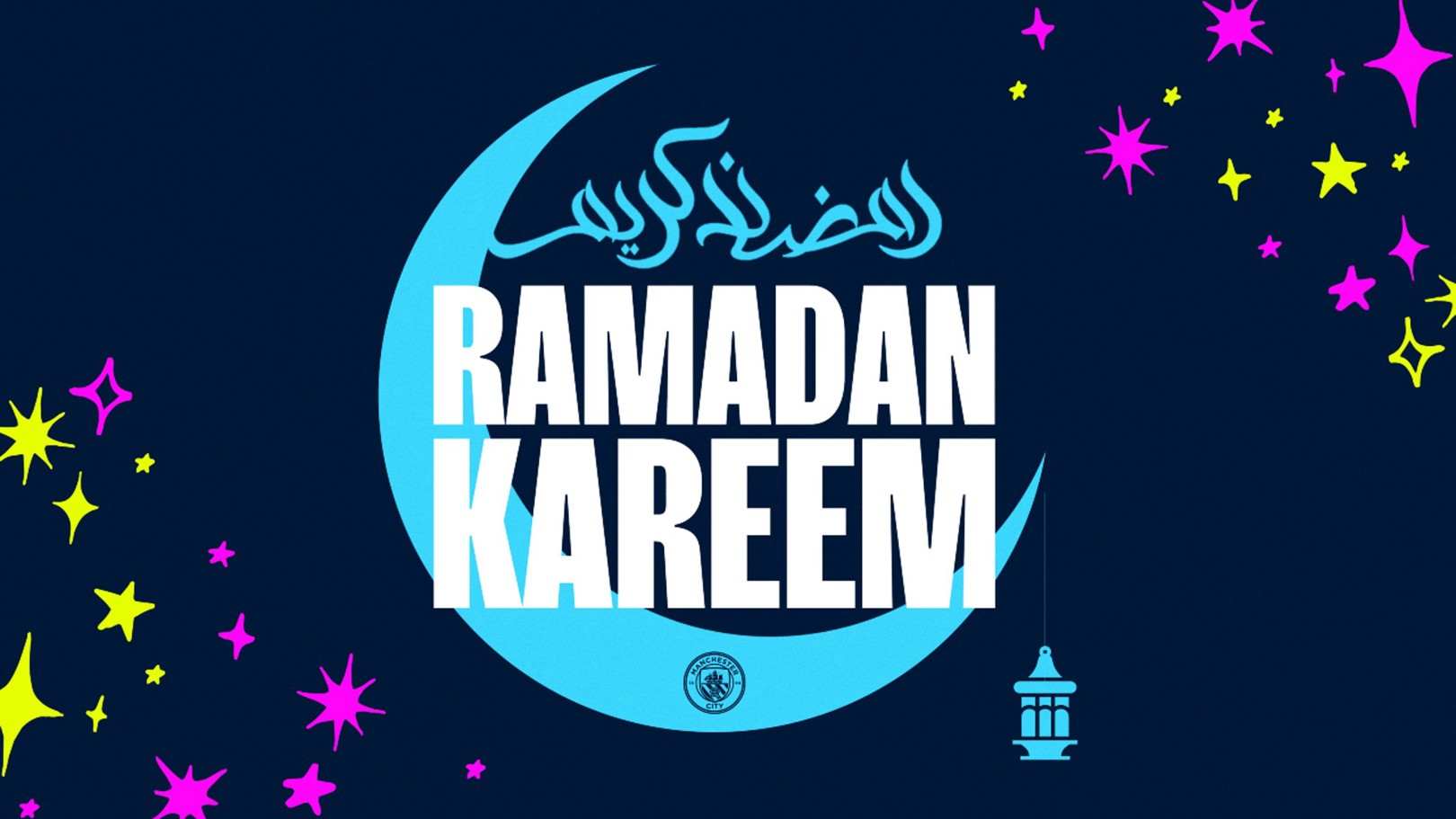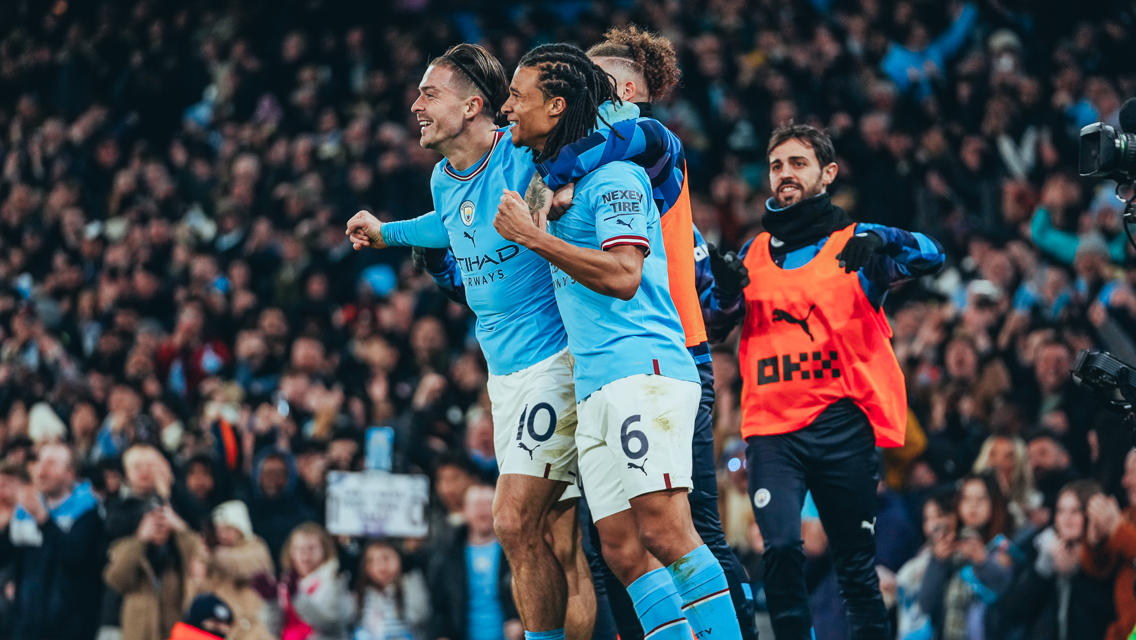The third story comes from one of the charity’s City Inspires participants, Daniyal.
Daniyal sat down with us to share his experiences during a special question and answer session.
What is the purpose of Ramadan?
The purpose of Ramadan is to feel how people who are less fortunate feel and to get closer to our religion and to God.
Why do you observe Ramadan?
It is part of my religion to observe Ramadan, and every good deed is multiplied during the period. It is my culture, and we celebrate it.
What is the importance of Ramadan to you?
To me, it helps me sympathise with people who don’t get food. When I get hungry, I think of those less fortunate.
What is the benefit of Ramadan to you?
It helps the digestive system and also keeps us healthy by detoxing the body.
How does your life/daily routine change during Ramadan?
My routine changes a lot. I wake up in the middle of the night to eat, then go back to sleep and then don’t eat until the fast opens in the evening. During school I just get on with it.
What is your Iftar routine?
As soon as I open my fast, I will go read my namaz and then come back to eat with my family.
What is the most meaningful part of Ramadan for you?
Ramadan helps people socialise and maybe reconnect with religion, as well as giving us the time to see people we may not have seen in a while.
This Ramadan what are your key takeaways and what will you implement in your life after Eid?
Patience is one thing I will take away from Ramadan this year. I will also get closer to God and be more grateful for what I have. I would also like to get rid of arrogance.
During Eid how do you celebrate the end of Ramadan?
We celebrate Eid by buying gifts and celebrating with family. We visit the graveyard to pray and reflect on past relatives. We also all get together as a family and eat.
Ramadan is the ninth month of the Islamic calendar, which is based on the lunar calendar.
It is celebrated as the month that the Qur’an (Holy book) was first revealed to the Prophet Muhammad (PBUH) in 610 AD. This is known in Arabic as “Laylat Al Qadar” (Night of power).
During this time, Muslims abstain from eating and drinking from dawn to sunset for 29/30 days. In the UK, people will fast from sunrise to sunset (approximately 15 hours) with no food or water. Muslims fast to strengthen their faith, gain closeness to Allah (God), appreciation, and build self-discipline.
Following Ramadan, there is an Eid celebration to mark the end of period of reflection, refocus and mindfulness – both of self and of others.
City in the Community empowers healthier lives with city youth through football.
To find out more, visit www.mancity.com/CITC or follow the charity on social media @CITCmancity.






